Keywords: Homelessness Week
There are more than 24 results, only the first 24 are displayed here.
Become a subscriber for more search results.
-

AUSTRALIA
- Kevin Bell
- 29 November 2024
2 Comments
With unaffordable housing pushing families into impossible choices, homelessness affecting 120,000 people, and systemic inequities deepening, we must ask: What kind of society do we want to build — and for whom?
READ MORE 
-
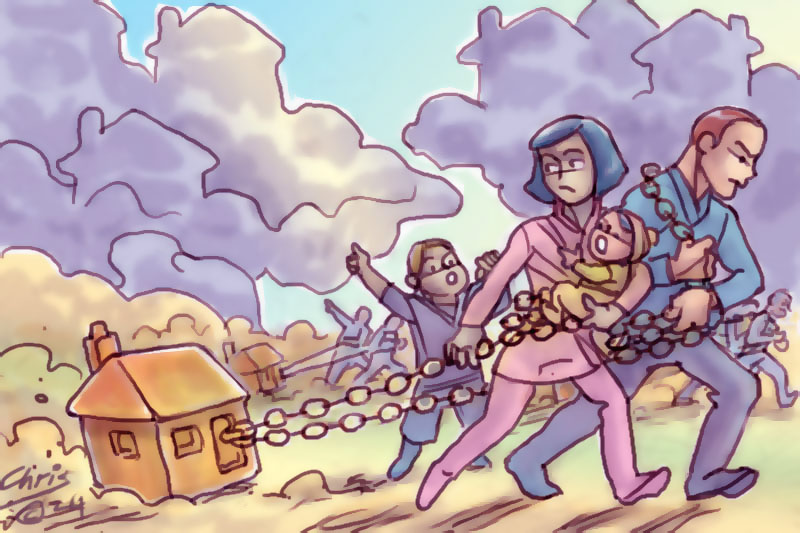
AUSTRALIA
- Adam Hughes Henry
- 08 October 2024
5 Comments
Australia’s housing crisis is increasingly seen as a byproduct of system rigged for the wealthy, while ordinary Australians grapple with debt and rising costs. As home ownership becomes increasingly out of reach, it's time to rethink housing as a right, not just a means of wealth accumulation.
READ MORE
-
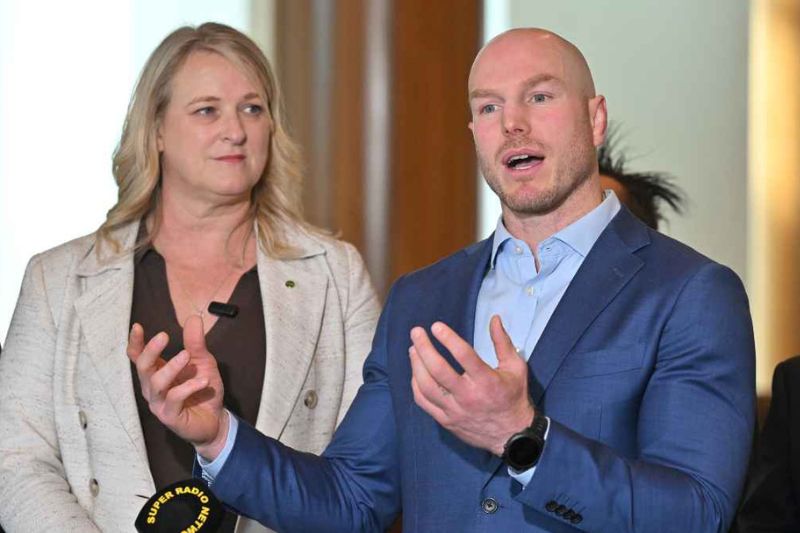
AUSTRALIA
With homelessness rising and housing affordability plummeting, Independents propose a radical solution: a National Housing Plan. In challenging both major parties, can they create a system that provides a roof over the heads of all Australians?
READ MORE
-

INTERNATIONAL
- Andrew Hamilton
- 18 July 2024
2 Comments
In the wake of recent elections in Britain and France, global democracies are seeing voters reject established parties amidst a deepening cycle of disillusionment. But can a return to honesty and integrity in politics break this downward spiral?
READ MORE
-

AUSTRALIA
In a signature essay published last year in The Monthly, Treasurer Chalmers staked out an ideological terrain he described as ‘values-based capitalism.’ The Budget 2024 is quite the big reveal on what those values include and who they exclude. In it, the people who have borne the brunt of inequality and precarity are neither seen nor heard.
READ MORE
-
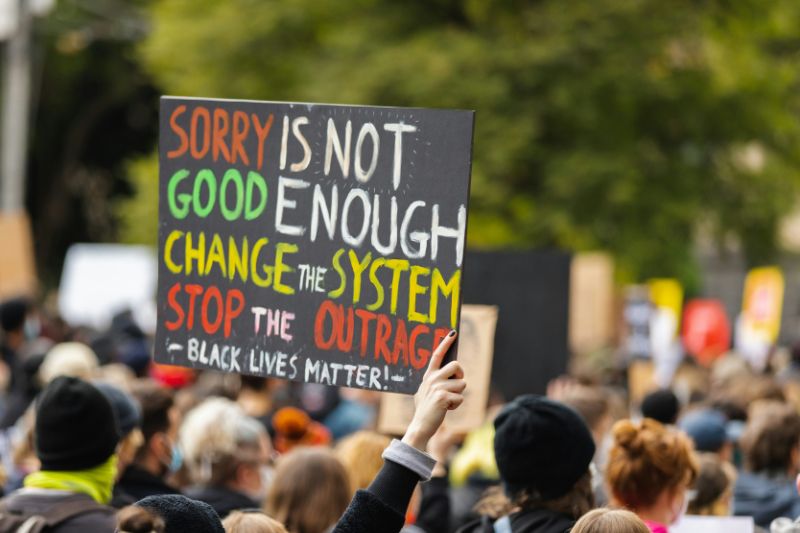
AUSTRALIA
- Andrew Hamilton
- 30 May 2024
4 Comments
This Reconciliation Week and Sorry Day, we consider the defeat of the Referendum and the substantial failure to close the gap between the living conditions of Indigenous Australians and other Australians. It means that for many Aboriginal and Torres Strait Islanders, this week will be less about days of celebration than of grief and of grim resolve to continue to seek justice.
READ MORE
-
.jpg)
AUSTRALIA
- David Halliday
- 06 May 2024
5 Comments
The national conversation is very much spotlighting domestic violence and violence towards women. As a nation, we need to consider hard questions around the abundant factors within our society with connections to violence. Over three decades, we have made gains, but there’s more work to be done.
READ MORE 
-
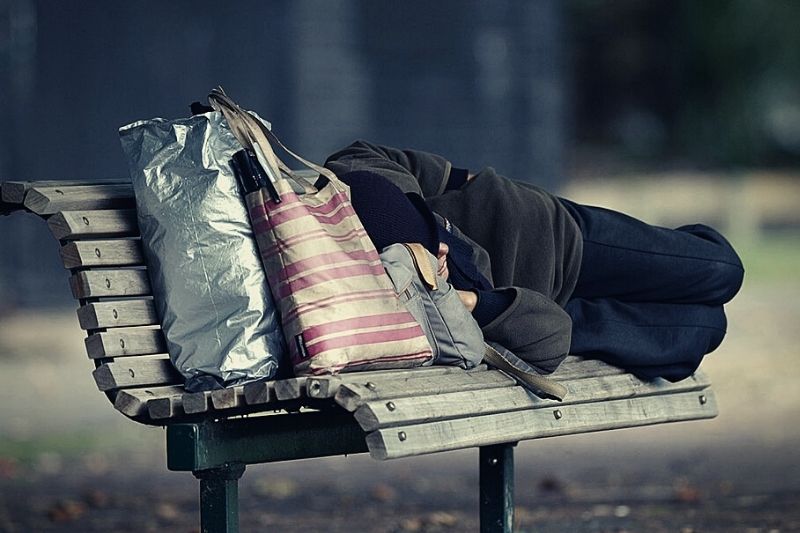
AUSTRALIA
- Andrew Hamilton
- 09 August 2023
7 Comments
The crisis of homelessness is no longer distant; it's a grim reality affecting friends, families, and even white-collar workers. As housing costs soar, a report paints a bleak picture with the demand for accommodation skyrocketing. This Homelessness Week, the question is not just how we define homelessness, but how we respond to its profound impact.
READ MORE
-
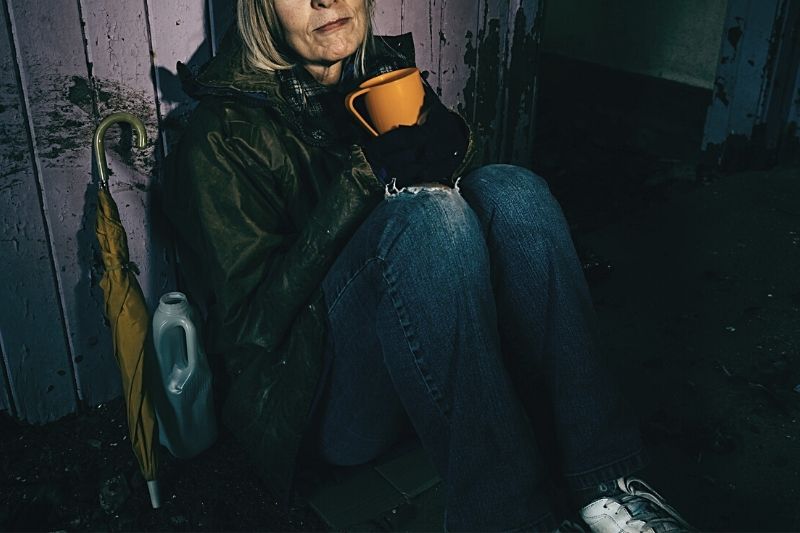
AUSTRALIA
- Jennifer McVeigh
- 25 May 2023
4 Comments
A rapidly growing cohort of homeless women over 55 has become the new casualties of Australia's housing market. With skyrocketing rents, an entrenched gender pay gap and inadequate pension funds, older women are slipping through the cracks owing to a tangle of systemic failures.
READ MORE
-

AUSTRALIA
- Danusia Kaska
- 08 March 2023
3 Comments
Women over 55 are the fastest growing homeless group in Australia. With over 400,000 women at risk of homelessness, it's Indigenous women, women with disabilities, women from migrant or refugee backgrounds, and women with mental illness who are disproportionately vulnerable.
READ MORE
-
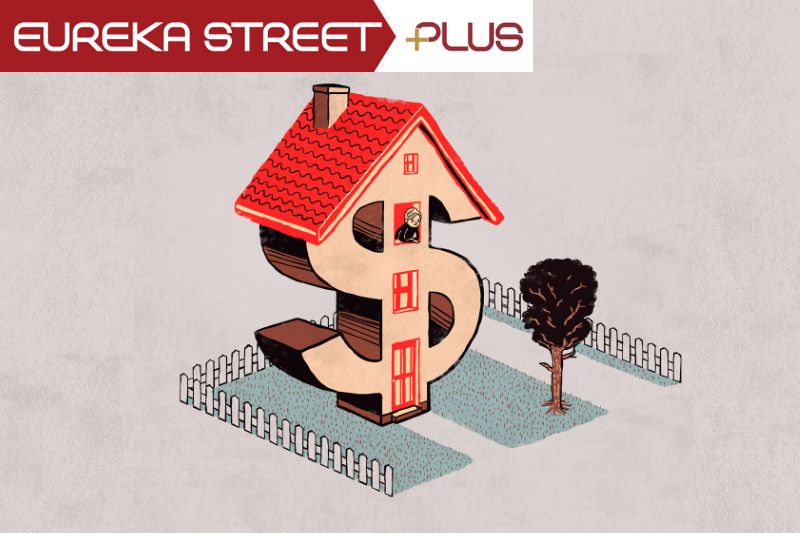
AUSTRALIA
- David Halliday, Peter Mares, John Falzon, Nicola Nemaric, Rae Dufty-Jones
- 18 November 2022
1 Comment
Despite rising interest rates and the recent dip in property values, Australia’s housing situation places it among the least affordable property market in the world. With a rise in homelessness and younger Australians locked out of an inflated housing market, what is the way forward for Australia?
READ MORE 
-
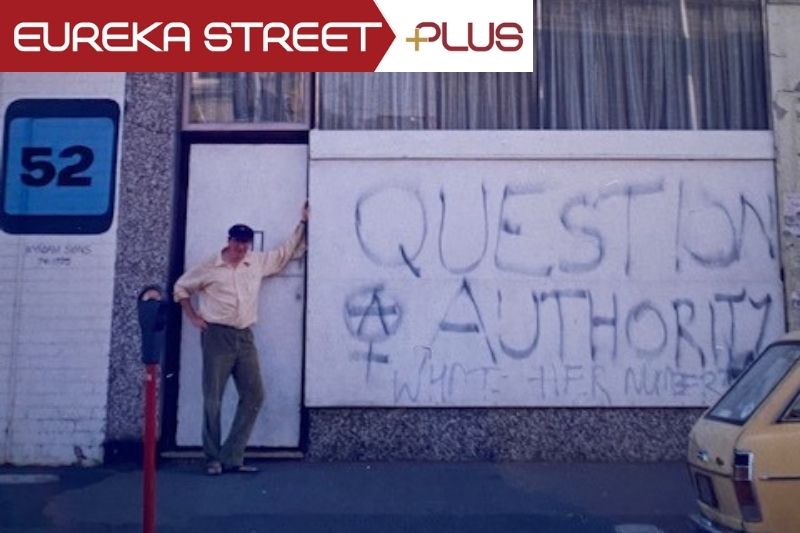
FAITH DOING JUSTICE
- Michael McGirr
- 09 September 2022
5 Comments
The Way had been a community of homeless people, built around difficult but wonderful characters. It taught me more than I can easily say. It was a world where things were not always as they seemed and people did not fit into little boxes. We had many challenging days and relationships with our guys were seldom easy, but there was an energy that found light in unexpected places.
READ MORE 